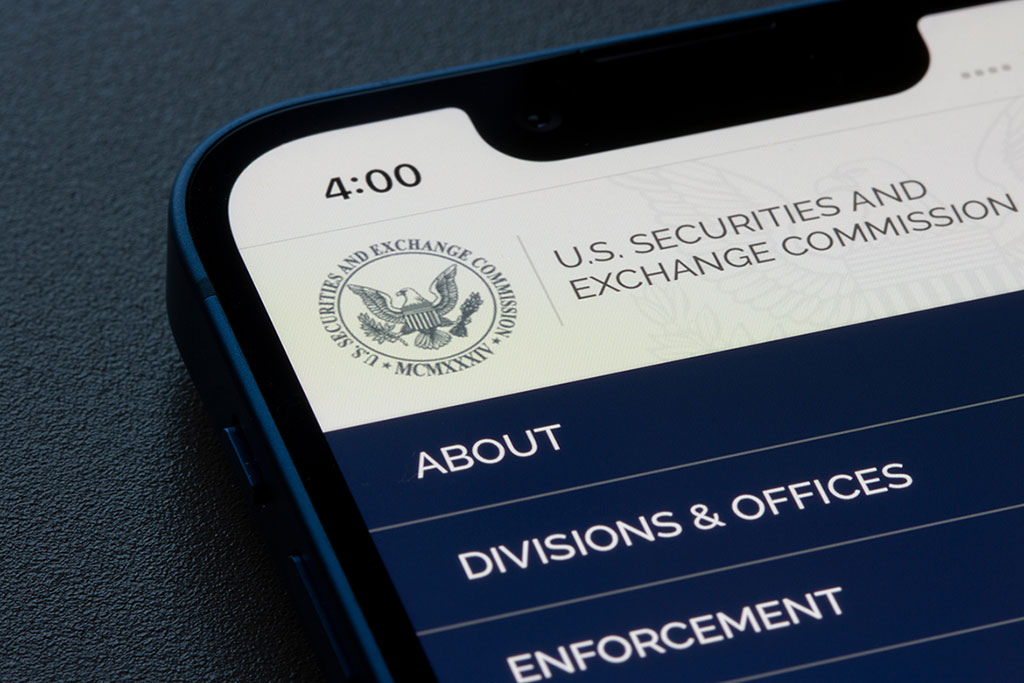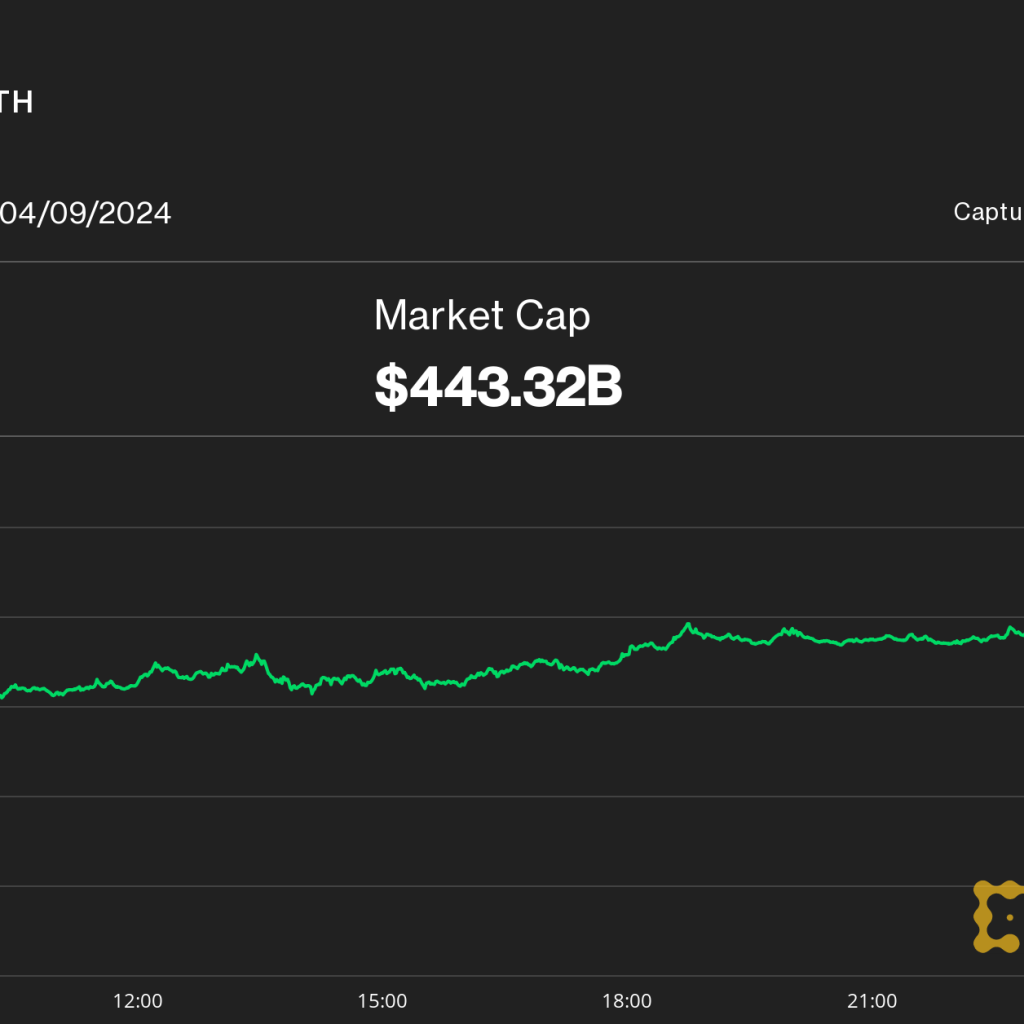Coinspeaker
SEC’s New Rules Extend Oversight to Crypto and DeFi
The Securities and Exchange Commission (SEC) recently voted to adopt new rules that extend the oversight of federal securities laws to encompass the cryptocurrency and Decentralized Finance (DeFi) sectors. However, there is an exemption for those with assets totaling less than $50 million.
Overview of the SEC’s New Rules
The newly adopted rules passed with a 3-2 vote during a meeting on February 6 require individuals and entities engaged in transactions involving crypto assets that meet the definition of securities or government securities to comply with federal securities laws. The final rules will take effect 60 days after they are published in the Federal Register, while the compliance date will be one year from the final rules’ effective date.
The rules specifically target market participants who engage in trading activities as part of a regular business, effectively providing liquidity to other market participants. Individuals falling under this category are required to register as dealers or government securities dealers unless an exception or exclusion applies. This requirement could greatly impact decentralized finance operations, as it encompasses activities such as market-making and liquidity provision.
The adoption of these rules comes amidst a broader regulatory push aimed at bringing greater clarity and oversight to the cryptocurrency industry. The SEC’s actions are part of a broader regulatory landscape that includes efforts by other agencies, such as the Internal Revenue Service (IRS), to address the growing prominence of digital assets.
However, the inclusion of DeFi within the scope of these regulations has sparked debate within the crypto community. “Not surprisingly, the rule reflects little thought regarding its practical application in the crypto markets,” noted Hester Peirce, one of the Commissioners at the SEC who has long advocated for the government to develop crypto-specific regulations.
Additionally, The DeFi Education Fund, in its comment letter to the SEC, emphasized the role of Automated Market Makers (AMMs) in DeFi, describing them as “execution protocols” that facilitate trading through liquidity pools locked in smart contracts, implying an exemption could have been considered.
SEC’s Response and Actions
Despite industry pushback, the SEC proceeded with the adoption of the rules.
“I am pleased to support this adoption because it requires that firms that act like dealers register with the Commission as dealers, thereby protecting investors as well as promoting market integrity, resiliency, and transparency,” noted SEC Chairman Gary Gensler.
Gensler added:
“These measures are common sense. Congress did not intend for registration and regulatory requirements to apply to some dealers and not to others. Absent an exemption or exception, if anyone trades in a manner consistent with de facto market making, it must register with us as a dealer – consistent with Congress’s intent.”
The SEC’s decision to proceed with these regulations despite industry objections underscores the regulatory challenges posed by the intersection of crypto and traditional finance. It is worth noting that Gensler has often attacked the industry.
Critics of the regulator claims that despite failing to develop an adequate regulatory framework, the SEC has chosen to control the industry through enforcement. In 2023 alone, the government filed around 46 enforcement cases against 124 persons and firms dealing with crypto.
Moreover, the SEC has sued major sector heavyweights, including Coinbase Global Inc (NASDAQ: COIN), Binance, Kraken, and Gemini, for operating in the United States with some forms of regulatory violations.





